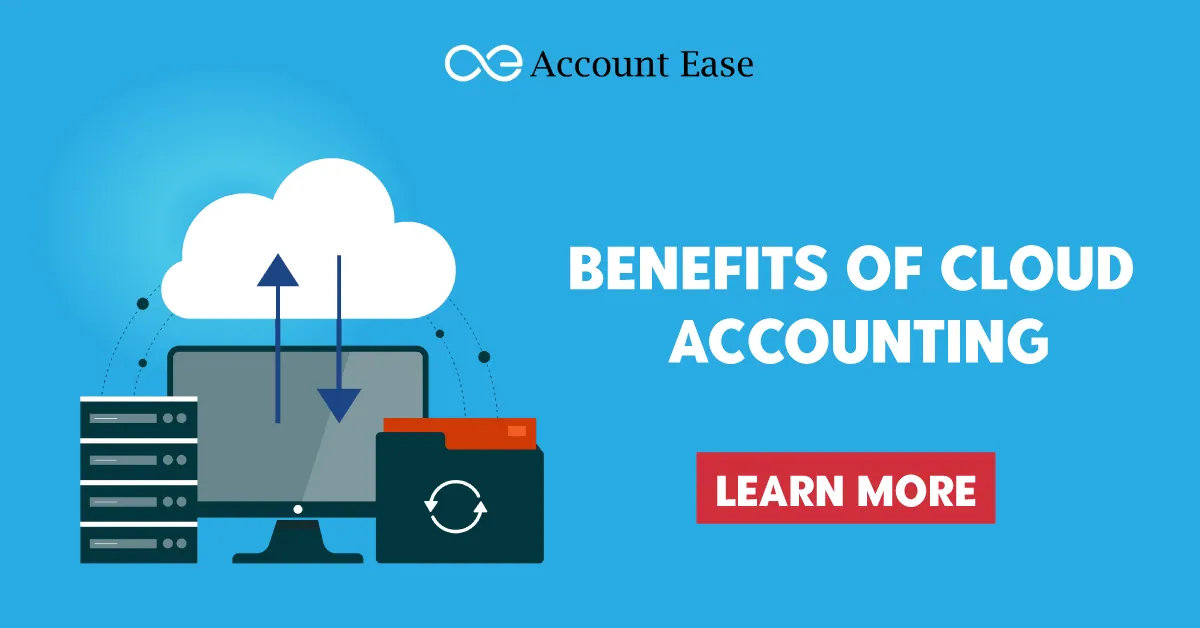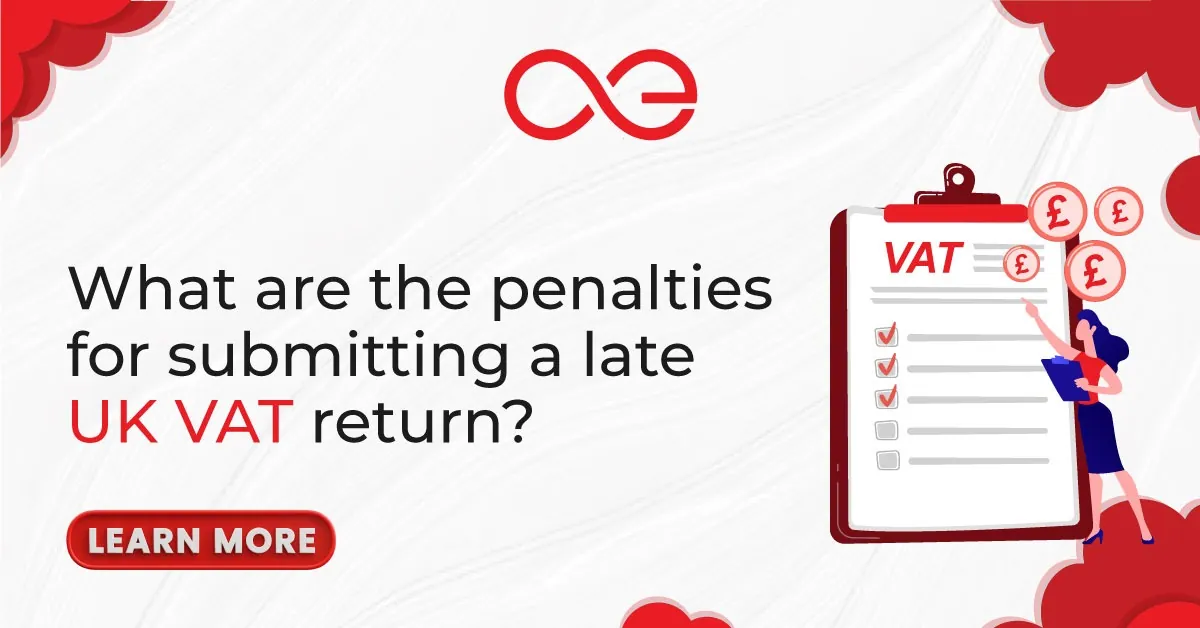In today’s digital age, small businesses are constantly seeking ways to streamline their operations and improve their financial management. One revolutionary solution that has gained significant popularity is cloud accounting. Cloud accounting, also known as online accounting, offers a wide range of benefits for small businesses, making it an invaluable tool for their financial success. In this article, we will explore the numerous advantages that cloud accounting brings to the table, empowering small businesses to thrive in a competitive market.
Scalability
Introduction
One of the key benefits of cloud accounting is its scalability. Small businesses often experience fluctuations in their financial needs, especially during peak seasons or periods of growth. With cloud accounting, scaling up or down becomes seamless. The cloud-based software allows businesses to easily adjust their accounting requirements, whether it’s managing a higher volume of transactions or adding new users to the system. This flexibility ensures that small businesses can adapt to changing circumstances without any disruptions in their financial processes.
Cost Savings
Cost savings are a significant advantage of adopting cloud accounting. Traditional accounting systems often require expensive upfront investments in hardware, software licenses, and maintenance. However, cloud accounting eliminates these expenses as it operates on a subscription-based model. Small businesses can avoid the high upfront costs and instead pay a reasonable monthly or annual fee for accessing the cloud accounting software. Additionally, cloud accounting reduces the need for manual data entry and paperwork, saving businesses valuable time and resources.
Accessibility
Cloud accounting offers unparalleled accessibility for small businesses. Gone are the days when financial data was confined to a single computer or office space. With cloud accounting, business owners and their authorized personnel can access their financial information from anywhere, at any time, as long as they have an internet connection. This level of accessibility enables remote work, facilitates collaboration among team members, and allows businesses to make informed decisions based on real-time data.
Real-Time Updates
Real-time updates are a game-changer in the world of accounting. Cloud accounting provides businesses with instantaneous access to their financial data, eliminating the delays associated with traditional accounting methods. With real-time updates, businesses can track their income, expenses, and cash flow in a dynamic manner. This enables proactive decision-making, as businesses can identify trends, spot potential issues, and take immediate action to maintain financial stability.
Automation
Automation is a significant advantage that cloud accounting brings to small businesses. Manual data entry and repetitive tasks are time-consuming and prone to errors. Cloud accounting software automates various processes, such as invoice generation, expense categorization, and bank reconciliation. By minimizing manual intervention, businesses can focus their time and efforts on value-added activities, such as analyzing financial reports and strategizing for growth.
Data Security
Data security is a top priority for any business, especially when it comes to financial information. Cloud accounting ensures robust data security measures that protect sensitive financial data from unauthorized access, loss, or damage. Reputable cloud accounting providers implement encryption protocols, data backup systems, and stringent access controls to safeguard the integrity and confidentiality of business data. This level of security offers peace of mind to small businesses, knowing that their financial information is stored and protected in a secure environment.
Collaboration
Collaboration is essential for small businesses that often work with multiple stakeholders, including accountants, bookkeepers, and business partners. Cloud accounting simplifies collaboration by enabling real-time data sharing and collaboration features. Multiple users can access and work on the same accounting files simultaneously, eliminating the need for cumbersome file transfers or version control. This level of collaboration enhances efficiency, promotes transparency, and fosters better communication among team members.
Remote Access
The ability to access accounting data remotely is a significant advantage of cloud accounting. Small business owners and their team members can securely log in to the cloud accounting software from their laptops, tablets, or smart phones and retrieve the necessary financial information on the go. Whether attending a meeting, traveling for business, or working from home, remote access to cloud accounting ensures that crucial financial data is always at their fingertips. This convenience allows for better decision-making, timely responses to inquiries, and increased productivity, as business operations are not restricted by physical location.
Disaster Recovery
Disasters can strike unexpectedly, ranging from natural calamities to hardware failures or cyber-attacks. Cloud accounting provides small businesses with a reliable disaster recovery solution. Unlike traditional accounting systems that rely on local servers or physical storage devices, cloud accounting stores data securely in off-site servers, often in multiple locations. This redundancy ensures that even in the event of a disaster, such as a fire or theft, business data remains safe and accessible. Cloud accounting providers typically have robust backup and recovery mechanisms in place, minimizing the risk of data loss and ensuring business continuity.
Flexibility
Flexibility is a significant advantage that cloud accounting offers to small businesses. With cloud-based software, businesses are not limited to a specific operating system or device. Cloud accounting is compatible with various platforms, including Windows, Mac, and Linux, allowing businesses to choose the system that best suits their needs. Furthermore, cloud accounting seamlessly integrates with other business tools and applications, such as customer relationship management (CRM) software or inventory management systems, providing a unified and streamlined approach to business operations.
Time Efficiency
Time is a precious resource for small businesses, and cloud accounting helps maximize its utilization. By automating repetitive tasks, providing real-time updates, and streamlining processes, cloud accounting saves valuable time that would otherwise be spent on manual data entry, reconciliation, or generating reports. This time efficiency allows business owners and their teams to focus on core activities, such as serving customers, expanding market reach, or enhancing product/service offerings. The result is increased productivity, improved customer satisfaction, and a competitive edge in the market.
Improved Cash Flow
Maintaining a healthy cash flow is essential for small businesses to thrive. Cloud accounting provides tools and features that enable better cash flow management. With real-time visibility into income and expenses, businesses can accurately track their financial position, identify potential cash flow gaps, and take proactive measures to bridge those gaps. Invoicing becomes faster and more efficient, with the ability to send automated reminders for overdue payments. By improving cash flow, small businesses can better manage their working capital, meet financial obligations, and seize growth opportunities.
Integration
Integration capabilities are a valuable aspect of cloud accounting for small businesses. Cloud accounting software often offers seamless integration with other business applications, such as payment gateways, e-commerce platforms, or payroll systems. This integration eliminates the need for manual data entry or data transfer between different systems, reducing the chances of errors and ensuring data consistency across various platforms. By integrating critical business functions, cloud accounting streamlines processes, improves accuracy, and provides a holistic view of business operations.
Mobile Compatibility
In today’s mobile-driven world, having access to business information on mobile devices is crucial. Cloud accounting caters to this need by offering mobile-compatible applications. Business owners and their teams can install the cloud accounting app on their smartphones or tablets, allowing them to manage their finances on the go. Whether it’s checking real-time financial reports, approving invoices, or capturing receipts, mobile compatibility empowers small businesses to stay connected and in control of their financial activities, regardless of their physical location.
Enhanced Reporting
Reporting and analysis are essential for making informed business decisions. Cloud accounting simplifies the process of generating comprehensive financial reports. With just a few clicks, businesses can generate accurate and detailed reports, including profit and loss statements, balance sheets, cash flow statements, and customized reports tailored to their specific needs Cloud accounting software offers advanced reporting features that provide small businesses with valuable insights into their financial performance. With customizable report templates and real-time data, businesses can generate detailed financial reports that help them analyze profitability, track expenses, identify trends, and make informed decisions. These reports can be accessed anytime, anywhere, and easily shared with stakeholders, such as investors, lenders, or business partners. Enhanced reporting capabilities empower small businesses to gain a deeper understanding of their financial health and drive strategic growth.
Conclusion
In conclusion, the benefits of cloud accounting for small businesses are undeniable. By embracing cloud accounting solutions, businesses can achieve scalability, cost savings, and accessibility. Real-time updates, automation, and data security provide the foundation for efficient financial management. Collaboration, remote access, and disaster recovery ensure seamless operations in today’s dynamic business landscape. Cloud accounting offers flexibility, time efficiency, improved cash flow, and integration with other business tools. Mobile compatibility and enhanced reporting capabilities further enhance the overall benefits.
How Account-Ease can Help you ?
As small businesses navigate the challenges of financial management. It’s essential to choose a cloud accounting solution that best meets their specific needs. Account-Ease, a leading cloud accounting software, is designed to simplify and streamline financial processes for small businesses. With its intuitive interface, robust features, and user-friendly experience, Account-Ease offers a comprehensive solution for efficient bookkeeping, invoicing, expense tracking, and reporting. The platform ensures data security, seamless collaboration, and real-time updates, empowering small businesses to focus on their core operations while enjoying the benefits of cloud accounting.
Whether you’re a startup, a freelancer, or an established small business, Account-Ease can help you simplify your financial management, save time and resources, and make data-driven decisions for sustainable growth. With its user-friendly interface and comprehensive features, Account-Ease takes the hassle out of accounting, allowing you to focus on what matters most – running and growing your business.
Incorporate Account-Ease into your financial management workflow and experience the numerous benefits of cloud accounting for your small business.




